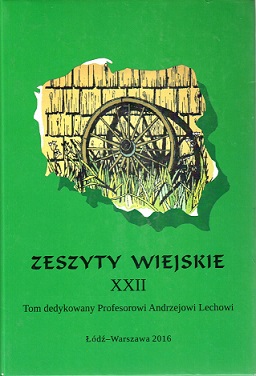Regulation of foreign trade in Poland in the thirties of the twentieth century
DOI:
https://doi.org/10.18778/1506-6541.22.45Abstract
In the 30s of the twentieth century, as a result of the economic crisis, a system of restrictions on payment transactions with foreign countries was introduced in Poland. It was closely associated with the limitation of trading of goods through the use of bans for imports and exports. The activity of the bodies, responsible for regulation of trade of goods, has been correlated with the actions of the authorities of foreign currency exchange. Part of the decision was undertaken in close consultation of those institutions – usually conducting the transaction meant consent to the payment, and a foreign exchange license was tantamount to acceptance to conduct commodity trading. These general principles and objectives of the exchange controls were applied in Poland, together with the implementation in April 1936 a decree on the marketing of funds from abroad and trading of foreign and domestic means of payment. Restrictions on imports were a regular part of the commercial policy of the Second Republic. In addition, there was a system of compensation transactions, linked transactions and clearing. More than 80% of Polish imports were covered by the regulations of imports and by the other forms of limitation.
Downloads
Downloads
Published
How to Cite
Issue
Section
License

This work is licensed under a Creative Commons Attribution-NonCommercial-NoDerivatives 4.0 International License.











